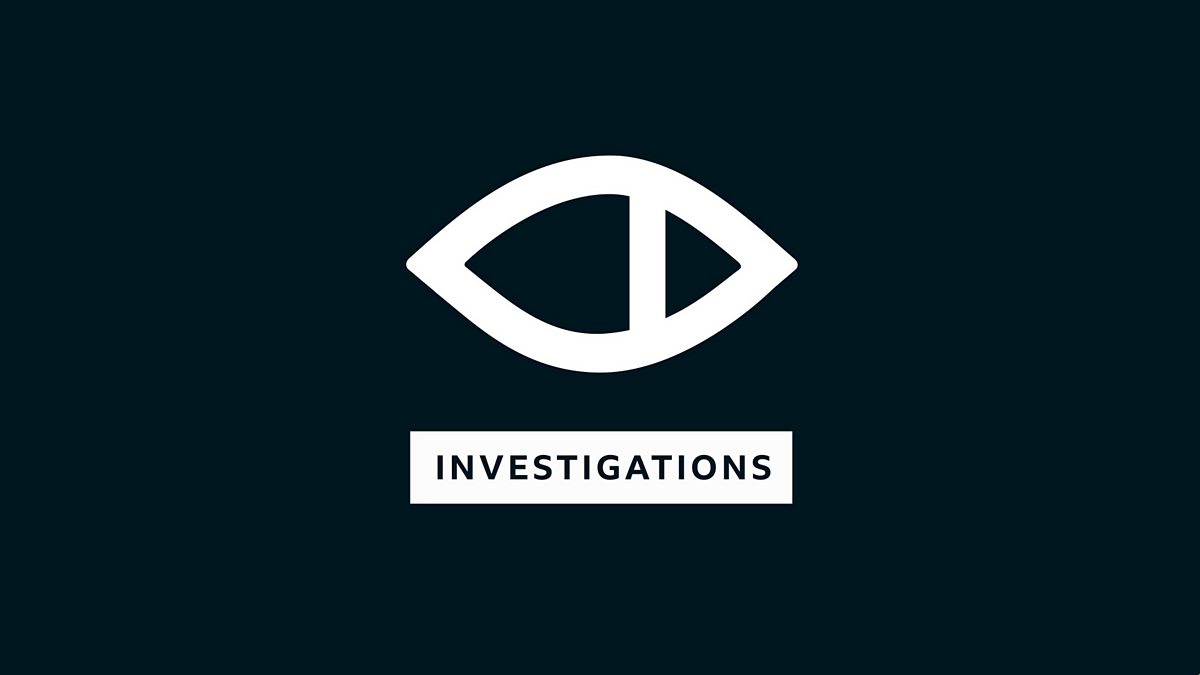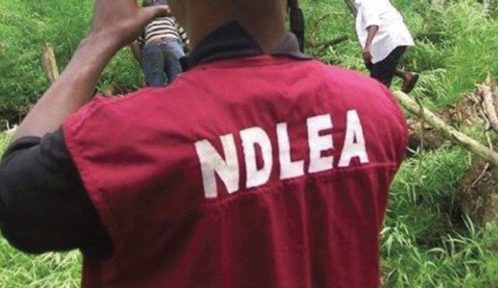The National Agency for Food and Drug Administration and Control (NAFDAC) and the National Drug Law Enforcement Agency (NDLEA) have reacted to the BBC’s investigation on the smuggling of opioids to West Africa.
They spoke in reaction to a BBC investigation uncovering an Indian pharmaceutical manufacturing unlicensed, addictive opioids and exporting them illegally to West Africa.
India’s Opioid Kings, a new documentary from the BBC World Service’s award-winning investigations team, was privately screened in Lagos on Thursday and released to the public on Friday.
NAN recalls that the Federal Government banned tramadol sales without prescription in 2018, but smuggling has persisted, with seizures worth over $100 million in 2023.
The documentary uncovered a network of illegal drug manufacturers and importers revealing that many opioids, including tramadol, were manufactured in India and smuggled into Nigeria and Ghana.
It noted that the company based in Mumbai, makes a range of pills that go under different brand names and are packaged to look like legitimate medicines.
According to the investigation, all contained the same harmful mix of ingredients: tapentadol, a powerful opioid, and carisoprodol, a muscle relaxant so addictive it’s banned in Europe.
It also highlighted the growing problem of opioid addiction in Nigeria, particularly among youths as well as farmers who use tramadol for physical labour.
Nigeria, with a population of 225 million people, provided the biggest market for these pills, alongside Ghana.
Yedunni Adenuga, Director, Narcotics and Controlled Substances, NAFDAC, at the private screening of the investigation, said in spite of stiff controls, illegal drugs often entered Nigeria through porous borders, particularly from neighbouring countries.
She said: “We have strong regulatory processes in dealing with medicines.
“First of all, any medicine that has to be imported or locally manufactured has to go through a registration process, we all have our processes.
“We have a strong regulatory process in Nigeria such that any product, any drug product that has to be consumed in Nigeria has to be registered duly by NAFDAC.
“Then when we come to narcotics, you also have a strong process.
“Before you can bring in any narcotic products, you must have a permit to import that product, including tramadol.
“And then when you bring it in, you still need a permit to clear it through the port of entry.
“And in Nigeria, the acceptable formulations are formulations of 100 milligrams, and those are for medical purposes.
“It is highly controlled, but you know that these things find their way into the country because of the porous borders, all around.
“But we, in NAFDAC, we are committed to ensuring our mandate and that whatever medicines that are being taken by our people are safe.’’
Responding to the situation, the Chairman of National Drug Law Enforcement Agency (NDLEA), Brig Gen. Mohammed Buba Marwa, affirmed that opioids are “devastating our youths, our families, it’s in every community in Nigeria.”
Also, Mr Shaba Mohammed, Director, Investigation and Enforcement, NAFDAC, said that the government was committed to combating this issue and ensuring that unregistered drugs were intercepted and managed effectively.
The BBC Eye Investigation: India’s Opioid Kings is available in the United Kingdom on BBC iPlayer from Feb. 21.
International audiences can watch the film on the BBC Africa YouTube channel and read the story on the BBC News website – via bbc.co.uk in the United Kingdom and internationally – on BBC.com, BBC Studios’ global digital news platform.

